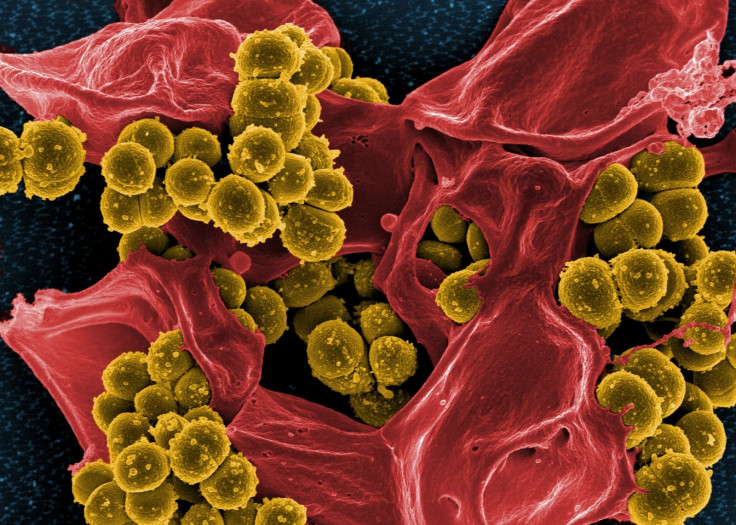Secrets of bacterial antibiotic resistance unravelled, paving way for new life-saving drugs
76 new genes have been identified that could help scientists develop new drugs effective against multi-drug resistant bacteria.

Several previously unknown genes which make bacteria resistant to last-resort antibiotics have been identified by researchers from Chalmers University of Technology and the University of Gothenburg.
The new discovery could lead to the development of new drugs which can fight infections caused by antibiotic-resistant bacteria.
Just last, week the UK's chief medical officer warned that the growing threat of antibiotic resistance in bacteria could lead to a "post-antibiotic apocalypse" and the "end of modern medicine" as common medical treatments and transplants would become extremely risky.
The researchers discovered 76 genes while searching through large quantities of bacterial DNA taken from humans and various environments around the world. Some of the genes identified provide the bacteria with an ability to degrade carbapenems, our most-powerful type of antibiotic which is used to treat multi-drug resistant strains. Their results are published in the journal Microbiome.
"Our study shows that there are lots of unknown resistance genes. Knowledge about these genes makes it possible to more effectively find and hopefully tackle new forms of multi-resistant bacteria", said Erik Kristiansson, lead author of the study from Chalmers University of Technology.
"Resistance genes are often very rare, and a lot of DNA data needs to be examined before a new gene can be found", Kristiansson said.
Joakim Larsson, co-author of the study from the University of Gothenburg, added: "The more we know about how bacteria can defend themselves against antibiotics, the better are our odds for developing effective, new drugs".
Finding a resistance gene is a challenging task if it has never been encountered before, so the team developed new computational methods to search for patterns in DNA which are associated with antibiotic resistance.
"Our methods are very efficient and can search for the specific patterns of novel resistance genes in large volumes of DNA sequence data," said Fanny Berglund, a PhD student in the research group.
Looking forward, the team want to look for genes that provide resistance to other forms of antibiotic resistance.
"The novel genes we discovered are only the tip of the iceberg. There are still many unidentified antibiotic resistance genes that could become major global health problems in the future," Kristiansson said.





